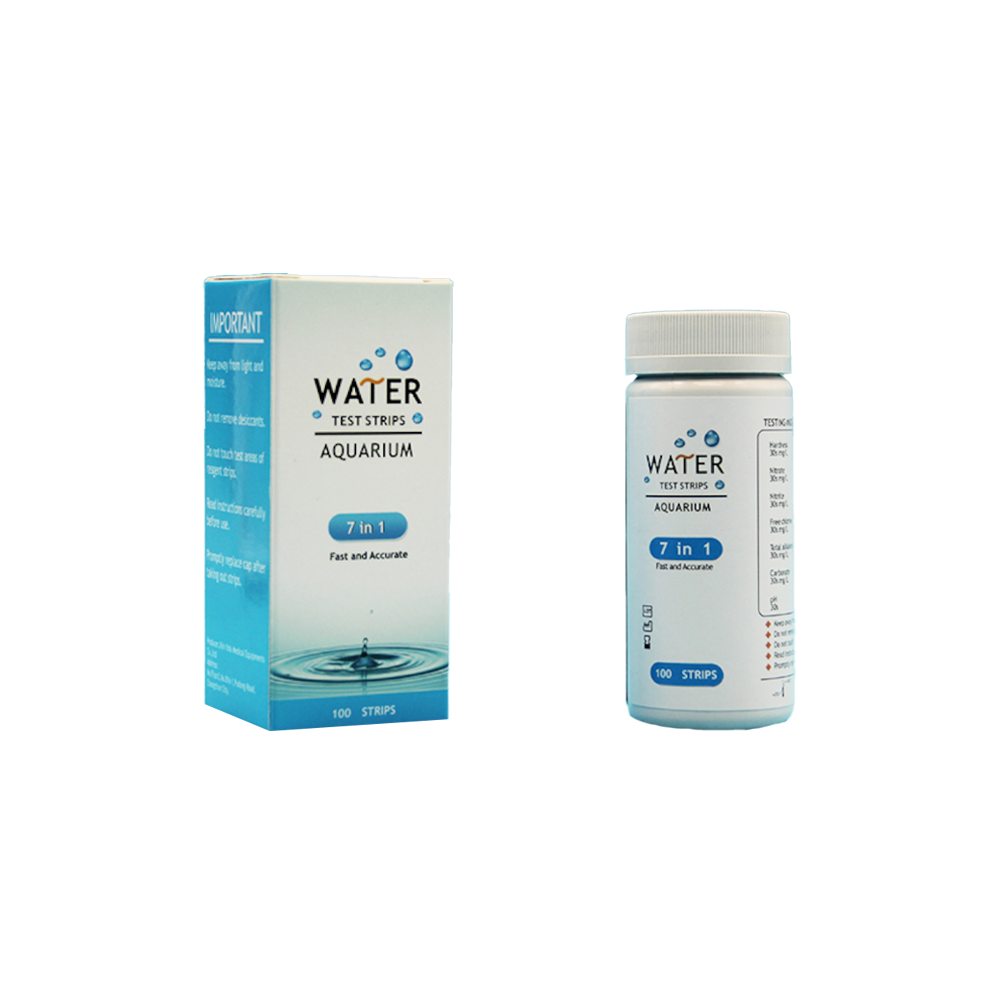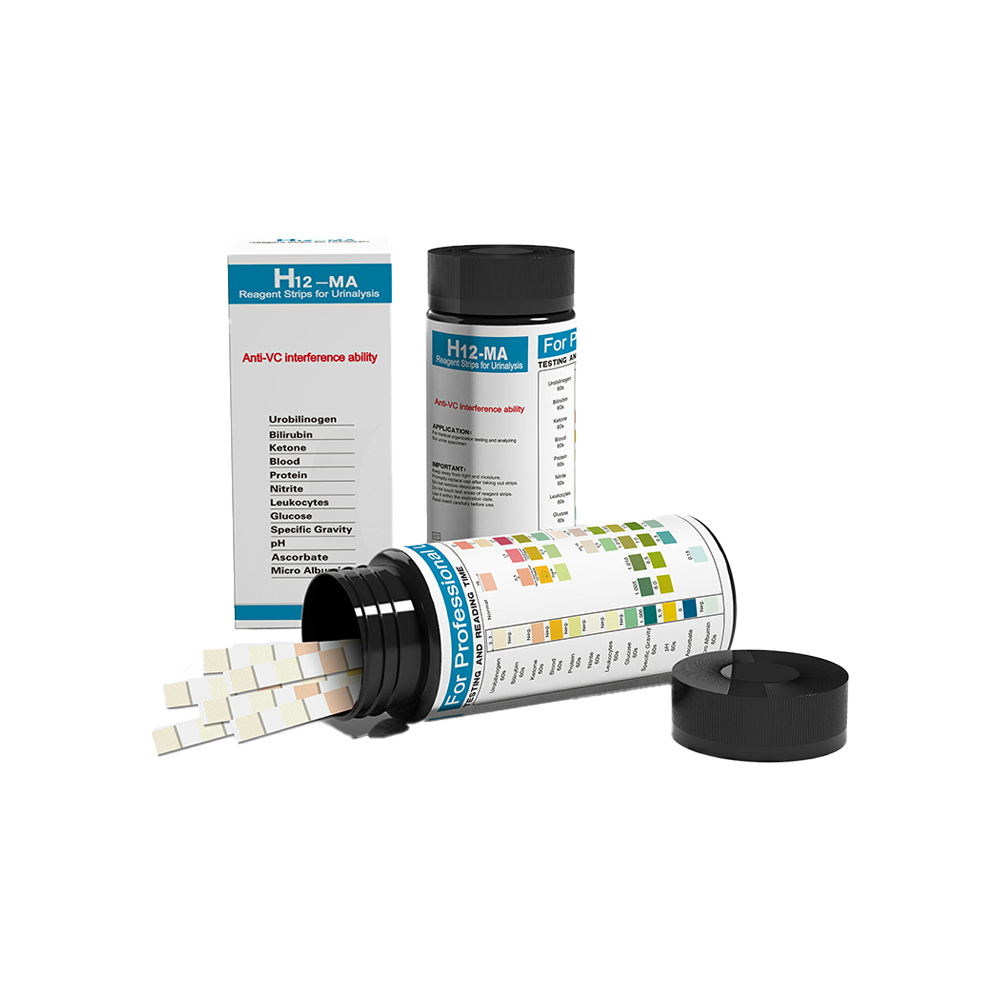
Product Center
Hot Products

Brazilian Researchers Develop Promising COVID-19 Vaccine in Mice
January 22, 2025
Brazilian researchers from the University of São Paulo’s Medical School (FM-USP) have made a significant breakthrough in developing a COVID-19 vaccine. Recent studies conducted on mice have shown that the vaccine is both safe and effective. The vaccine successfully triggered

Measles Risk Heightened by Undernutrition in Vulnerable Children
January 21, 2025
1.Introduction to the Problem Measles cases are rising globally, and new research indicates that undernutrition may be making outbreaks worse in areas with food insecurity. Children who are undernourished may be at a higher risk of catching measles, even if

Pregnancy Alters Brain Structure: Understanding Maternal Instincts and Mental Health
January 21, 2025
Pregnancy triggers significant changes in a woman’s brain, enhancing maternal instincts and mental well-being. A new study sheds light on how these brain transformations occur, especially in first-time mothers. 1.How Pregnancy Affects the Brain A recent study, published in Nature

The Impact of Extreme Weather Events on HIV Prevention and Care
January 14, 2025
1.Introduction to the Issue Extreme weather events (EWEs) related to climate change are worsening health disparities, especially for people living with HIV (PLWH). These events disrupt HIV prevention, care, and treatment, with severe consequences for vulnerable populations in regions like

New Biomarkers Offer Hope for Early Kidney Injury Detection
January 9, 2025
1.Introduction to Nephrotoxicity Kidney injury caused by drugs, known as nephrotoxicity, is a common issue in medicine. It can occur with treatments like anti-inflammatory, antibacterial, and chemotherapy drugs. This often leads to discontinuing or limiting certain therapies for patients. 2.Breakthrough

New Nanopore Tool Could Revolutionize Disease Detection
January 9, 2025
Scientists at UC Riverside have developed a groundbreaking nanopore-based tool that promises to diagnose diseases faster and more precisely than current methods. By capturing signals from individual molecules, this new tool could revolutionize how we detect illnesses. 1.Detecting Diseases with

New Method Detects Human Fecal Contamination in Water
January 2, 2025
1.Introduction: The Importance of Clean Water Human waste in water from sewage overflow or stormwater runoff is a serious public health risk. Contaminated rivers and lakes can spread harmful diseases. Therefore, it’s crucial to test water for human fecal contamination

Study Finds Underuse of Antivirals for Hospitalized Children with Influenza
December 27, 2024
A recent study reveals that antiviral medications, recommended for treating children hospitalized with influenza, are not being used enough. This underuse of antivirals is concerning, as these medications can reduce symptoms and prevent complications. 1.Study Details and Findings The study,

Rwanda Successfully Controls Marburg Virus Outbreak
December 27, 2024
The Government of Rwanda has officially declared the Marburg Virus Disease (MVD) outbreak over. No new cases have been recorded since the last patient tested negative on November 7, 2024, according to the World Health Organization (WHO). 1.The First MVD

Single Mutation in H5N1 Virus May Increase Human Transmission Risk
December 13, 2024
A new study funded by the National Institutes of Health (NIH) suggests that a single mutation in the H5N1 influenza virus could make it easier to spread among humans. Published today in Science, the research highlights the need for ongoing

Glyphosate Linked to Alzheimer’s-like Brain Changes and Anxiety in Mice
December 13, 2024
A new study has uncovered troubling effects of glyphosate, a widely used herbicide. The research shows that even months after exposure, glyphosate causes brain inflammation, anxiety, and Alzheimer’s-like damage in mice. 1.Study Overview: Glyphosate’s Lasting Effects on Mice In a

Women with Infertility at Higher Risk for Autoimmune Diseases
December 9, 2024
1.Research Finds Link Between Infertility and Systemic Autoimmune Rheumatic Diseases (SARD) Women who experience infertility but do not undergo fertility treatments have a higher risk of developing systemic autoimmune rheumatic diseases (SARD) in the nine years after a naturally conceived









